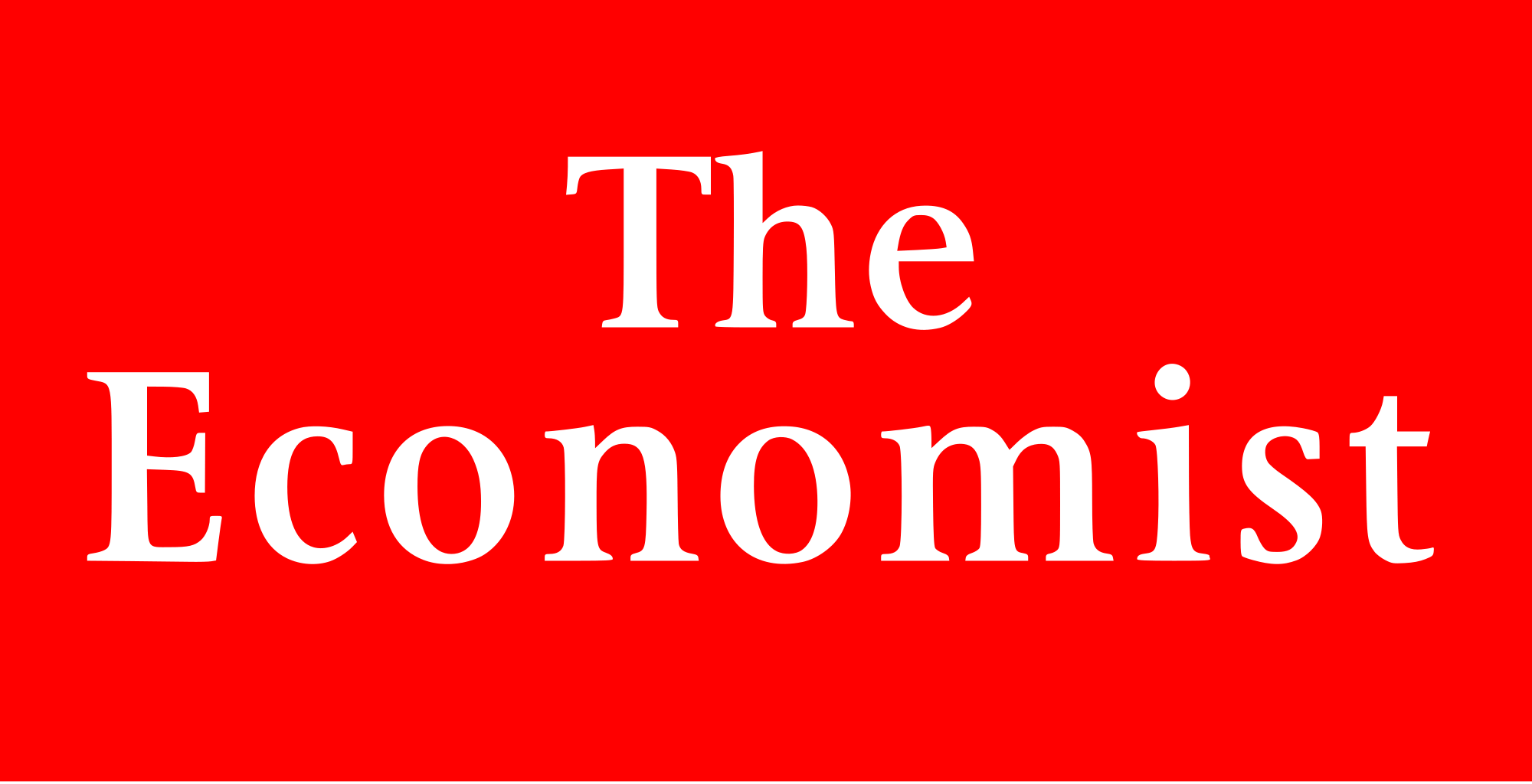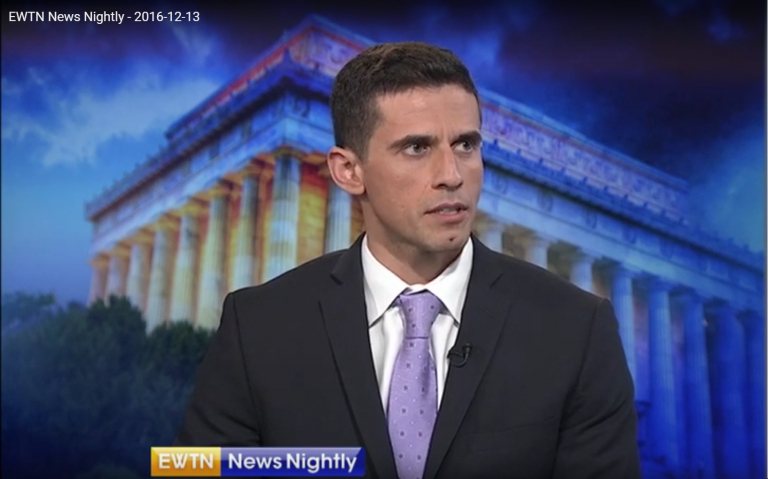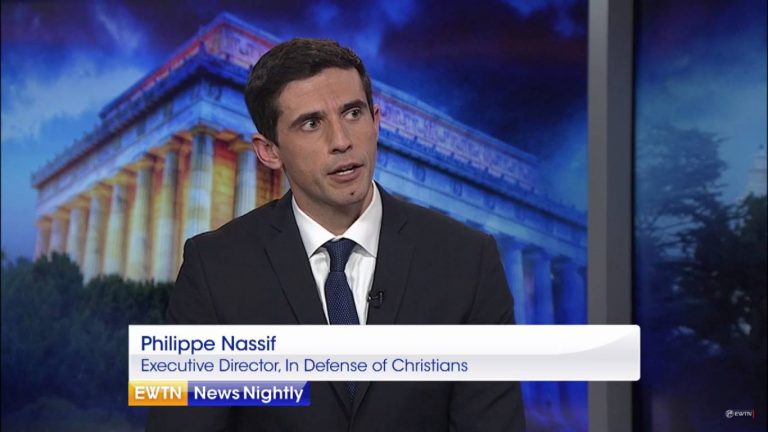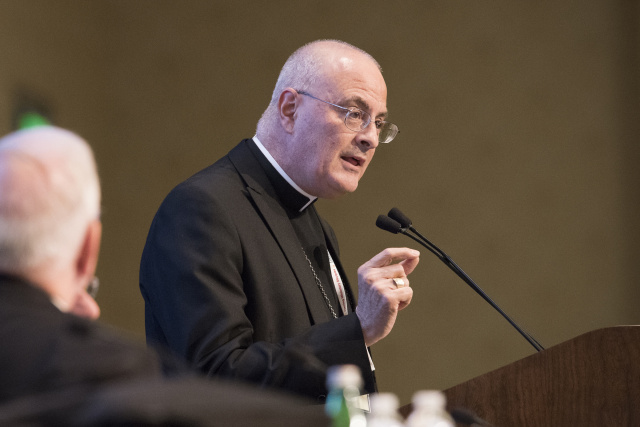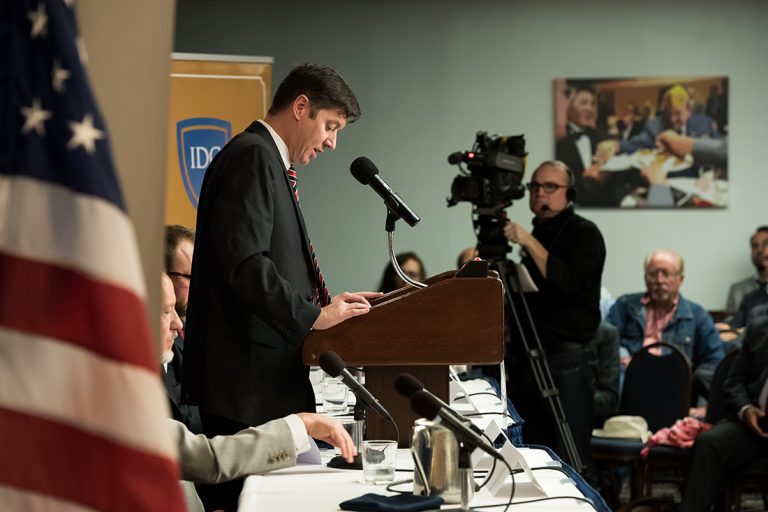THESE are roller-coaster days for religious minorities in the Middle East and their energetic advocates in America. From their point of view, this week has brought both dire and potentially welcome news.
Bad tidings came from northern Iraq, where the small town of Telskuf was until recently considered a modest success story for resettlement after liberation from the jihadists of Islamic State. It was reported in recent days that 700 Christian families had been forced to evacuate as a result of strife between Iraqi forces and the Kurds. The town had been rebuilt with the help of a $2m grant from the Hungarian government.
But advocates of that region’s minorities welcomed a promise from Vice-President Mike Pence of a change in America’s aid policy.
In an emotional speech to an advocacy group called “In Defense of Christians” Mr Pence said the State Department had been told to “stop funding ineffective relief efforts” at the United Nations and instead provide support directly to persecuted groups through its own agency, USAID.
That marks a concession to a long-standing demand by faith-inspired charities who say religious minorities, especially Christians and Yazidis, have been neglected by the UN. One particular complaint is that non-Muslims are wary of entering UN-administered refugee camps where the overwhelming majority of residents are Muslim. This, it is alleged, has left the job of looking after displaced non-Muslims to voluntary agencies.
The exact implications of Mr Pence’s announcement remain to be seen. USAID, which faces big cuts in its overall budget by the Trump administration, already funnels a lot of aid through religiously affiliated agencies such as Catholic Relief Services.
But the vice-president, a stridently conservative Christian, struck a rhetorical note:
The United Nations has too often failed to help the most vulnerable communities, especially religious minorities. The result has been that countless people continue to suffer and struggle needlessly. Here’s the sad reality: The United Nations claims that more than 160 projects are in Christian areas, but for a third of those projects, there are no Christians to help. The believers in Nineveh, Iraq, have had less than 2% of their housing needs addressed, and the majority of Christians and Yazidis remain in shelters. And while faith-based groups with proven track records and deep roots in these communities are more than willing to assist, the United Nations too often denies their funding requests. My friends, those days are over.
A State Department spokeswoman said afterwards that the administration did not plan a total cut-off of money for UN bodies looking after the region’s refugees. However, “we will look for other avenues in which to more efficiently fund these types of religious minorities so that they can eventually return back home,” she added.
Nina Shea, a specialist on and advocate for faith groups in the Middle East, said Mr Pence’s statement could portend rescue at the 11th hour at a time when religious diversity in the region was hanging by a thread. It was also consistent with the administration’s stated view that Christians, Yazidis and some Shia Muslims were victims of a genocidal campaign. But the extent of any change in policy would only be seen if and when a presidential directive was issued, said Ms Shea, who runs the Center for Religious Freedom at the Hudson Institute, a think-tank.
In any case, not all hard-pressed Middle Eastern Christians place their hopes on the Trump administration. Last month, the World Council of Churches and Catholic clergy from the region organised a meeting in Geneva to protest against the ongoing expropriation of land in the Cremisan Valley outside Bethlehem. This month, Bethlehem’s Christian mayor took space in the Israeli newspaper Haaretz to say he was baffled and dismayed by the support of American conservative Christians for the expansion of Israeli settlements at the expense of his people. Cris de coeurlike that can expect no sympathy whatever from conservative American Christians like Mr Pence, who generally lean to the hawkish side of the Israeli spectrum.
